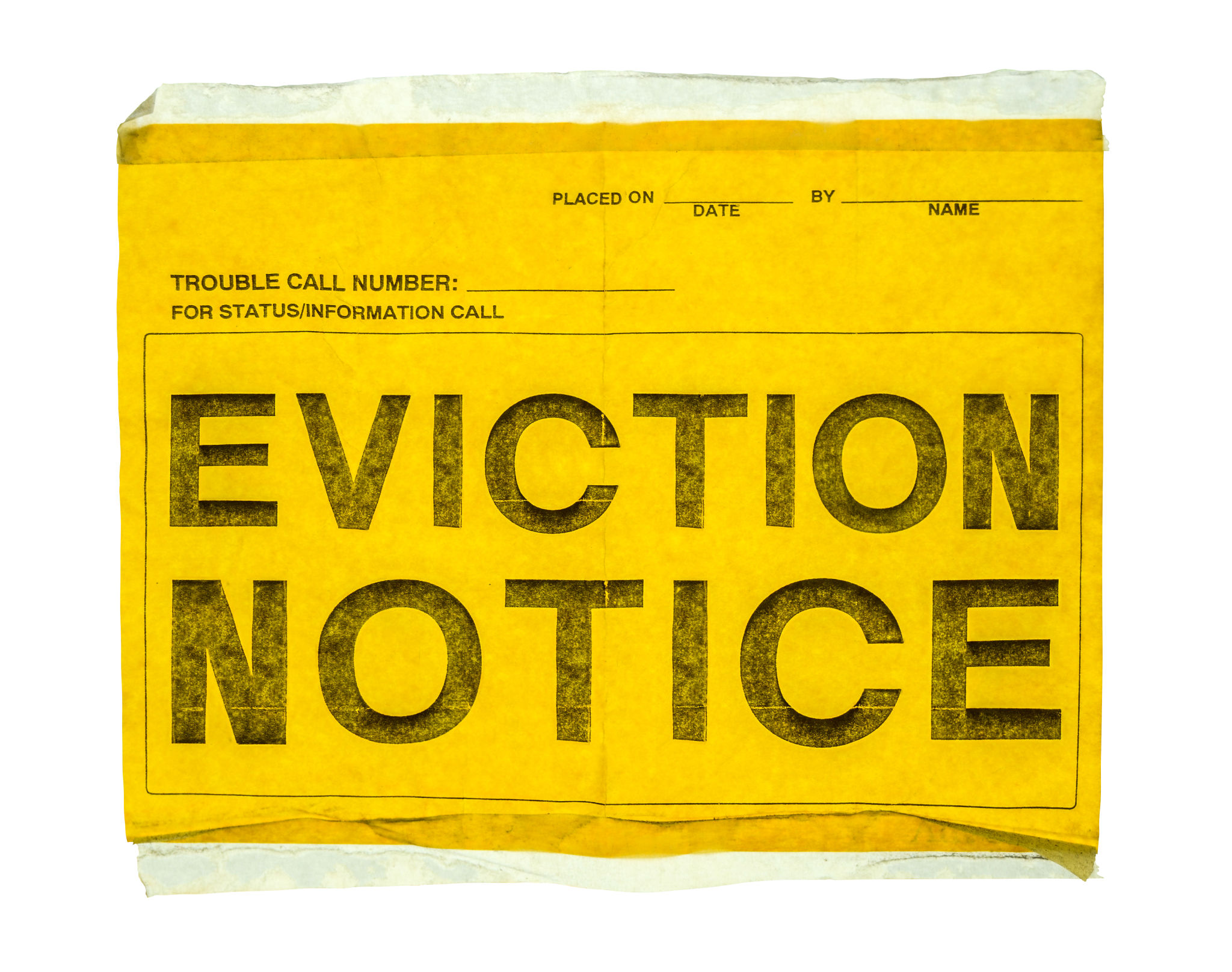What Happens If You Let Your House Go into Foreclosure? A Homeowner's Guide
Understanding Foreclosure
Foreclosure is a legal process that occurs when a homeowner is unable to make mortgage payments, leading the lender to take possession of the property. This can be a daunting situation, but understanding the implications and steps involved can help homeowners navigate this challenging time.

The Stages of Foreclosure
Foreclosure typically begins with missed mortgage payments. After a few missed payments, the lender will usually send a notice of default, which is a formal indication that the homeowner is behind on their mortgage. If the payments are not brought up to date, the lender may initiate foreclosure proceedings.
During this process, homeowners have several opportunities to resolve the situation. These options include negotiating with the lender for a loan modification or engaging in a short sale. However, if these measures are unsuccessful, the home will eventually be sold at auction.
Consequences of Foreclosure
The consequences of foreclosure are significant. One of the most immediate impacts is the loss of the home, but there are also long-term effects on credit scores. A foreclosure can remain on a credit report for up to seven years, making it difficult to secure new loans or even rent an apartment.

Financial Implications
In addition to damaging credit, foreclosure may result in additional financial burdens. Some states allow lenders to pursue a deficiency judgment, which means the homeowner might still owe money if the sale of the home does not cover the outstanding mortgage balance. It’s essential to understand the laws in your state to fully comprehend potential liabilities.
Emotional and Social Impact
The emotional toll of foreclosure should not be underestimated. Losing a home can be devastating, leading to feelings of instability and stress. It can also affect relationships with family and friends as homeowners might need to rely on their support during this difficult time.

Preventative Measures
To avoid foreclosure, it’s crucial to take proactive steps as soon as financial difficulties arise. Contacting lenders early can often result in more favorable terms or temporary relief options such as forbearance. Additionally, seeking advice from a housing counselor can provide guidance on budgeting and financial planning.
Exploring Alternatives
There are alternatives to foreclosure that homeowners should consider. Options like refinancing, applying for government assistance programs, or selling the home through a short sale can provide relief and prevent the loss of the property. Each option has its own set of requirements and consequences, so it’s important to carefully evaluate which might work best for your situation.

Conclusion
While facing foreclosure can be overwhelming, knowing what to expect and understanding your options can empower you to make informed decisions. Taking action early and seeking professional advice can help mitigate some of the negative impacts and possibly save your home or minimize financial damage.